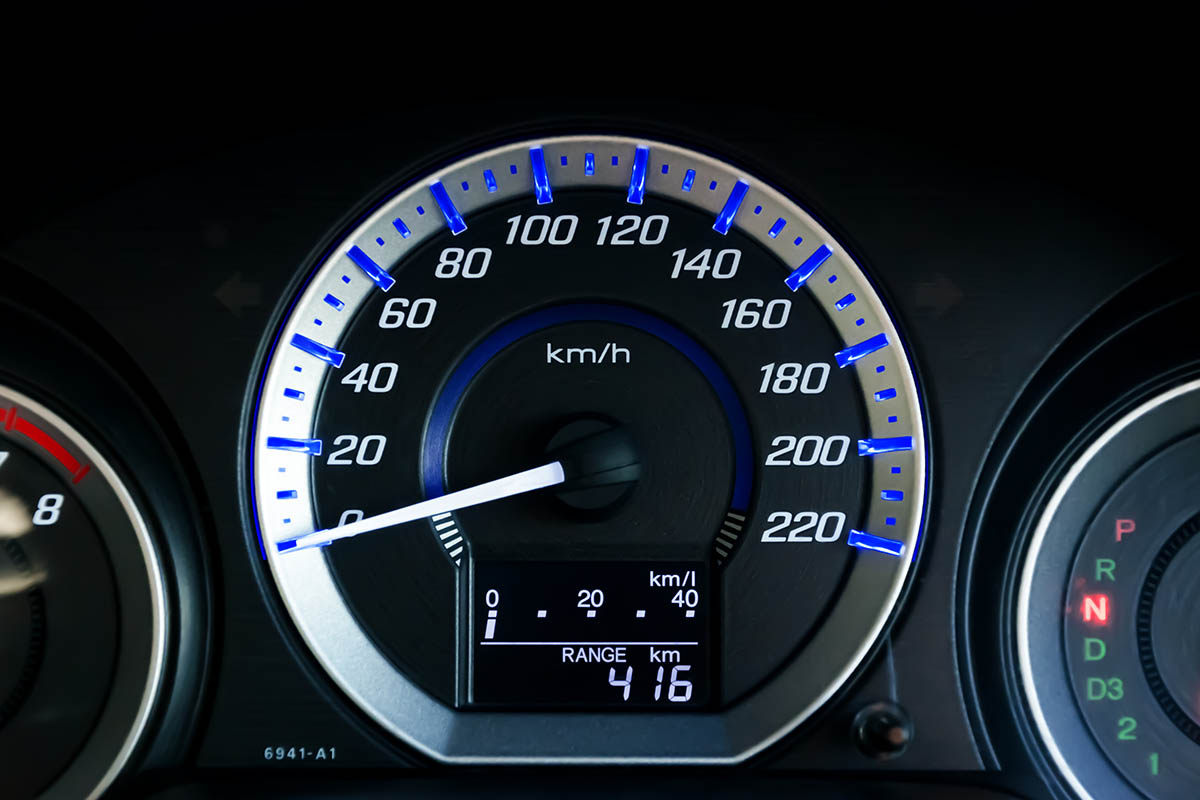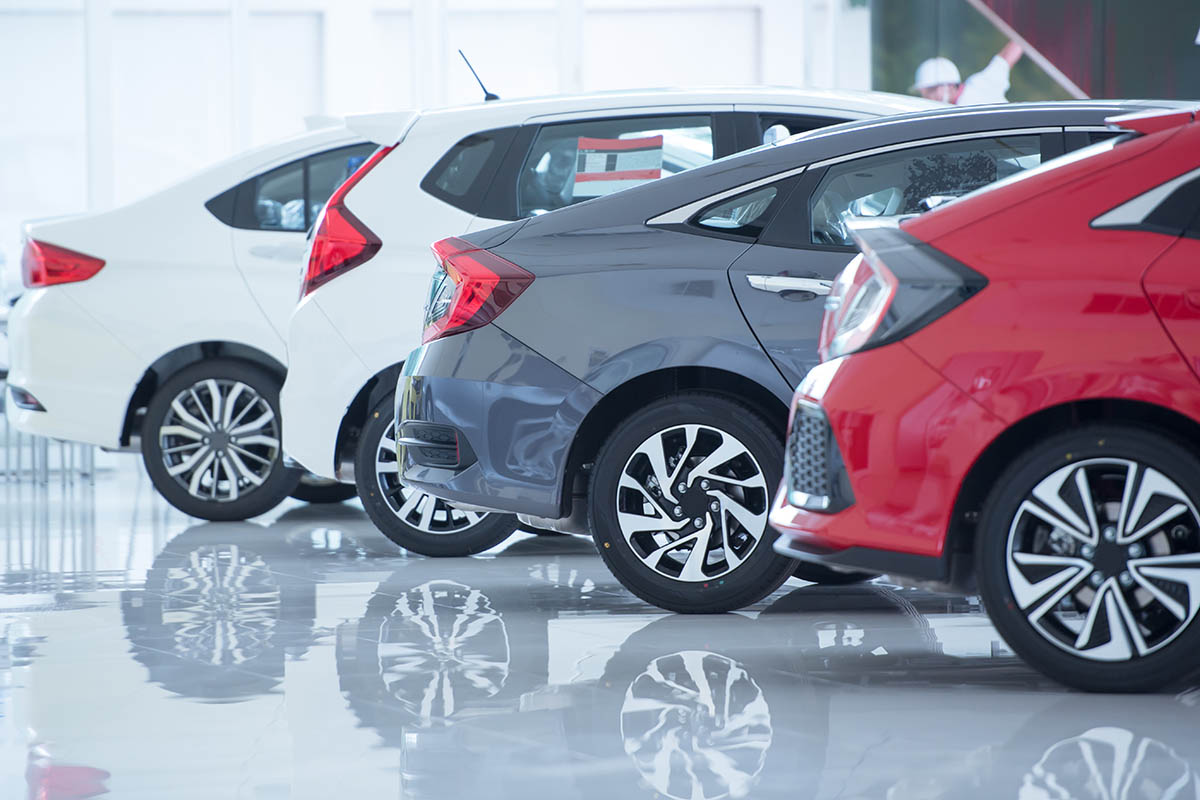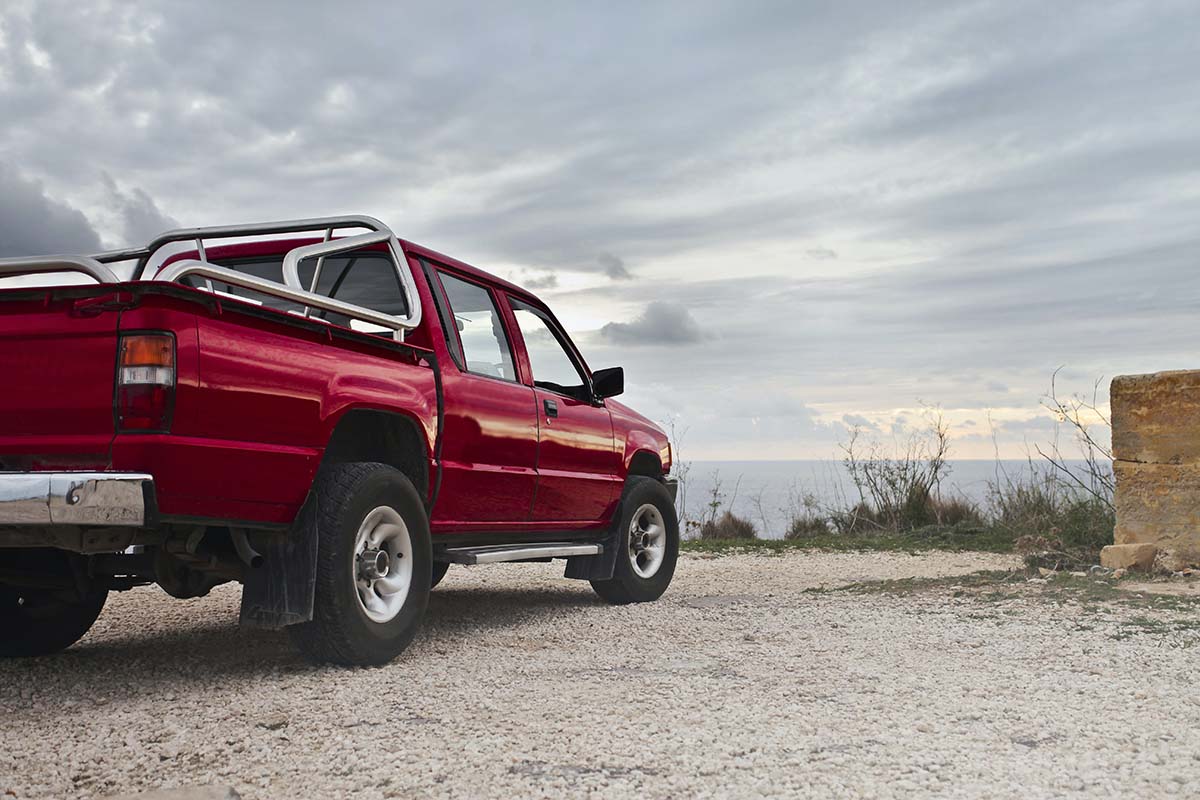Lease vs Buy Car: Helpful Tips on Choosing Buying a Car vs Leasing
Have you been torn between two options: lease vs buy a car? If you’re a business owner, you know that acquiring vehicles for your operations is a significant decision. One of the key choices you’ll face is whether to lease or buy cars. As someone who has delved into this topic extensively, I want to share my experience and research with you, specifically focusing on the lease versus buy decision in the years 2023-2025. By understanding the trends and factors at play, you’ll be equipped to make informed choices that align with your financial goals and operational needs.
In recent years, the lease versus buy debate has been in the spotlight due to various factors shaping the automotive industry. Being aware of these trends is essential to navigate the ever-changing landscape. Leasing offers flexibility, allowing you to use a vehicle for a specific period without the long-term commitment of ownership. On the flip side, purchasing a car grants you ownership benefits, such as potential cost savings and the ability to customize and retain assets.
Throughout my journey of exploring this topic, I’ve come across emerging trends and considerations that I can’t wait to share with you. We’ll dive into financial implications, maintenance and servicing responsibilities, flexibility requirements, technological advancements, and evolving business models. With this knowledge, you’ll gain insights that can help you make the right decision for your business.
So, let’s embark on this exploration together, looking at the lease versus buy decision in the years 2023-2025. By combining my research with your firsthand experience, we’ll uncover the best approach for your unique situation. Get ready to navigate the twists and turns of the automotive industry, armed with the knowledge needed to drive your business toward success.
Budget
Let’s talk about budgeting when it comes to the decision of buying or leasing a car. I’ve gained valuable experience in this area and I’m excited to share it with you in a friendly and relatable way.
When you choose to buy a car, it’s important to consider the upfront costs and the impact on your budget. Buying a car often requires a larger initial investment, including a down payment, taxes, and registration fees. However, once you’ve purchased the car, your monthly payments will typically be focused on paying off the loan. This can provide a sense of ownership and the potential for long-term cost savings. It’s important to factor in maintenance and repair costs as well.
On the other hand, leasing a car offers a different budgeting perspective. Leasing typically involves lower upfront costs, such as a smaller down payment and lower monthly payments than buying. This can make it more manageable for your budget in the short term. However, it’s important to be mindful of mileage restrictions and potential fees for excess wear and tear. Leasing allows you to drive a newer vehicle with the latest features, but it does not provide ownership at the end of the lease term.
In either scenario, it’s crucial to evaluate your budget and consider your financial goals and priorities. Assess your monthly income, expenses, and savings goals to determine what you can comfortably afford. Additionally, consider factors such as insurance costs, fuel efficiency, and potential resale value.
Remember, every individual’s financial situation is unique. By carefully considering your budget and personal circumstances, you can make a well-informed decision about whether buying or leasing a car is the right choice for you.
Car acquisition in the year 2023
Let’s dive into the exciting world of car acquisition in the year 2023. Whether you’re considering buying or leasing a car, there were some fantastic ideas and options that emerged during this time. As a car enthusiast and someone who keeps a friendly eye on the latest trends, I’m thrilled to share some insights with you.
2023 was a year of innovation and flexibility when it came to car ownership—the traditional notions of simply buying or leasing a car expanded into a realm of new possibilities. From car subscription services to electric vehicle ownership programs, the automotive landscape offered unique approaches tailored to individual preferences and needs.
Picture this: online platforms allow you to purchase or lease your dream car with just a few clicks, hassle-free and convenient. Imagine the thrill of being part of a shared car ownership program, where you and your friends or community members collectively embrace the joy and responsibilities of car ownership.
Sustainability took center stage in 2023, as more people turned to hybrid cars and electric vehicles. The desire to contribute to a greener future led to attractive incentives and programs that made owning or leasing eco-friendly vehicles more accessible and appealing.
So, my friend, whether you’re intrigued by the flexibility of car subscription services or passionate about embracing electric vehicles, this journey into the world of car acquisition in 2023 promises to be exciting. Let us explore the innovative ideas and options that emerged during this time, empowering you to make an informed decision that aligns with your lifestyle and values. Here is the captivating realm of buying or leasing cars in the dynamic year of 2023 and further.
- Car Subscription Services: In 2023, car subscription services gained popularity as an alternative to traditional buying or leasing. These services allowed individuals to access a variety of vehicles for a monthly fee, eliminating the need for long-term commitments and providing the flexibility to switch cars based on their needs or preferences.
- Electric Vehicle (EV) Ownership Programs: With the increasing emphasis on sustainability, 2023 saw the rise of electric vehicle ownership programs. These programs offered incentives and benefits, such as discounted prices, tax credits, and access to charging infrastructure, to encourage individuals to purchase or lease electric vehicles. The aim was to accelerate the transition to a greener transportation system.
- Hybrid Car Leasing: As the demand for hybrid cars continued to grow, leasing options for hybrid vehicles became more prevalent in 2023. Leasing a hybrid car allowed individuals to experience the benefits of improved fuel efficiency and reduced emissions without the long-term commitment of ownership. It provided an opportunity to test the technology and assess its suitability for their lifestyle.
- Online Car Buying Platforms: The convenience of online shopping extended to car buying in 2023. Online car-buying platforms gained popularity, offering a streamlined and transparent process for purchasing or leasing vehicles. These platforms provided access to a wide range of car options, competitive pricing, and simplified paperwork, making the entire car acquisition process more convenient and efficient.
- Shared Car Ownership Programs: Collaborative consumption continued to thrive in 2023, leading to the emergence of shared car ownership programs. These programs allowed individuals to collectively purchase or lease a car, sharing the costs and responsibilities among a group of participants. Shared car ownership provided an affordable and flexible option for individuals who didn’t require full-time access to a vehicle.
These examples highlight some of the innovative ideas related to buying or leasing cars that emerged in 2023, reflecting the evolving needs, preferences, and sustainability-focused mindset of consumers in the automotive industry.
Lease vs Buy Car: Mileage
When debating between leasing and purchasing, one critical decision is whether or not you want to monitor your travel miles. When you purchase a vehicle, you eliminate the need to monitor your mileage.
While leasing agreements can be stringent in this specific area. If you’re leasing a car, you have certain limitations that can cause additional charges if not correctly followed. Due to how vital mileage is, this is one component that car dealerships monitor exceptionally closely. You must maintain your agreement without exceeding certain miles to avoid accumulating extra fees.
Leasing:
- Mileage Limits: When you lease a car, there are typically mileage limits set by the leasing agreement. Exceeding these limits may result in additional fees or penalties.
- Customizable Mileage Allowance: Lease agreements often offer the flexibility to choose a mileage allowance that aligns with your anticipated driving needs. It’s important to assess your typical mileage requirements to select the most appropriate option.
Buying:
- No Mileage Restrictions: When you purchase a car, there are no mileage restrictions or penalties for exceeding a predetermined limit. You have the freedom to drive as much or as little as you desire without worrying about incurring additional charges.
- Resale Value: High mileage on a purchased car can impact its value. If you plan to sell or trade in the vehicle in the future, excessive mileage may reduce its value. However, this factor may vary depending on the specific make, model, and condition of the car.
Determining whether leasing or buying is better for your mileage needs depends on your driving habits and long-term plans. If you have a predictable and limited mileage requirement, leasing may be a viable option as it allows you to customize your lease agreement based on anticipated mileage. On the other hand, if you anticipate high mileage or want the freedom to drive without restrictions, buying a car may be a more suitable choice.
It’s essential to carefully evaluate your driving habits, consider any potential lifestyle changes, and assess your plans for the car’s future to make an informed decision regarding mileage in the lease versus buy car debate.
Insurance
When buying or leasing a car, insurance is a key consideration that ensures you’re protected on the road. Understanding your insurance options in a friendly and approachable manner is essential. Let’s take a look:
Buying a Car: When you buy a car, you can choose from various insurance options. Here are a few friendly considerations:
- Comprehensive Coverage: This type of insurance covers damages to your car caused by accidents, theft, or natural disasters. It’s a comprehensive package that offers peace of mind.
- Collision Coverage: Collision coverage focuses on damages to your car resulting from accidents, regardless of fault. It’s particularly useful if you’re concerned about repair costs.
- Liability Coverage: This insurance protects you if you’re responsible for causing injuries or damages to others. It’s typically required by law and covers medical expenses and property damage.
Leasing a Car: Insurance requirements may vary when you lease a car. Here’s what you need to know:
- Gap Insurance: This friendly coverage protects you if your leased car is stolen or totaled and there’s a gap between the car’s value and the remaining lease balance.
- Higher Coverage Limits: Leasing companies often require higher coverage limits for liability, collision, and comprehensive insurance.
- Additional Insured: The leasing company may need to be listed as an additional insured party on your insurance policy.
Remember, regardless of whether you buy or lease, and it’s crucial to shop around and compare insurance quotes from different providers. This friendly approach ensures you find the best coverage options that suit your budget and needs. Consider factors like deductibles, premium costs, and any potential discounts available.
Insurance plays a vital role in protecting your investment and providing financial security in case of unforeseen events. So, don’t forget to review your insurance options carefully, ask questions, and seek guidance from friendly insurance professionals to ensure you have the coverage you need when buying or leasing a car.
Get a cheapest way to get car insurance while at the dealership or research online. You can ask for leasing and purchasing options so that every fee is laid out in plain sight. It is also helpful to have this information faxed to the dealership or to have it sent straight to your email. This will prevent random numbers from changing whenever you contact the insurance agent.
Car Comparison
When it comes to deciding whether to buy or lease a car, conducting a friendly car comparison is an essential step. Comparing the options available helps you make an informed decision that aligns with your needs and preferences. Let’s explore some friendly factors to consider when comparing cars for buying or leasing:
- Budget: Start by assessing your budget and determine how much you can comfortably afford for monthly payments or upfront costs. Compare the total cost of ownership for buying a car with monthly lease payments to understand the financial implications.
- Depreciation: If you’re buying a car, consider how depreciation will impact its value over time. Compare different car models to see which ones hold their value well, as this can affect resale or trade-in opportunities in the future.
- Maintenance and Repairs: Compare the expected maintenance and repair costs for different car models. Research reliability ratings and consumer reviews to get an idea of potential expenses and reliability issues.
- Customization: Consider whether you value the ability to customize your vehicle. Buying a car offers more freedom to personalize and modify it to your liking, while leased cars typically have restrictions on modifications.
- Mileage and Usage: Assess your anticipated mileage and usage patterns. If you plan to drive long distances or have specific needs, compare lease agreements for mileage allowances and consider how excess mileage fees may impact your decision.
- Long-Term Plans: Think about your long-term plans. Buying might be a better option if you enjoy driving the same car for many years. However, if you prefer driving a newer model every few years, leasing could provide the flexibility you desire.
Remember, the car comparison process should be friendly and enjoyable. Take your time, research different car models, compare their features, and consider your lifestyle and preferences. By considering these factors, you can make a well-informed decision about whether buying or leasing a car is right for you. Watch YouTube reviews, talk to friends doing research, etc.
Appearance
If accessorizing is essential to you and you are very big on car customization and appearance then you should fully purchase a vehicle. Once you sign the dotted line, then all the rights are entirely yours. You can check out some of the coolest car modifications here.
If you decide you want to go ahead and lease your car, then you should know that you are automatically signing off on restrictions when you sign the dotted line. You give up your right to decide about the car regarding accessories and anything about the car’s appearance. This is a minor sacrifice to some; for others, this option is entirely out of the question.
Length of Time
Deciding on the time for owning or leasing a car is an important consideration when making a friendly choice between the two options. The duration you choose can significantly affect your finances and overall satisfaction with the vehicle. Here’s a friendly breakdown of the length of time for buying or leasing a car:
Buying a Car: When buying a car, you can decide how long you want to keep it. Here are some friendly factors to consider:
- Long-Term Ownership: If you plan to own the car for an extended period, buying is a suitable option. It allows you to maximize the value of your investment and potentially enjoy a more extended period without monthly payments.
- Financing Terms: Consider the length of your financing terms, such as 3, 5, or 7 years. Shorter terms may result in higher monthly payments, but you’ll repay the loan sooner. Longer terms offer lower payments but extend the duration of your financial commitment.
Leasing a Car: Leasing provides a different approach with set timeframes. Here’s what to consider in a friendly manner:
- Lease Terms: Leases typically last for 2 to 4 years. Shorter terms allow you to experience newer models more frequently, while longer terms provide more stability and potentially lower monthly payments.
- Lifestyle and Needs: Consider your lifestyle and how it may change over time. Leasing allows flexibility to adapt to evolving needs, such as upgrading to a larger vehicle as your family grows or transitioning to an electric car when it becomes more mainstream.
Friendly Considerations for Both:
- Resale Value: If you plan to sell your purchased car, keep in mind that its resale value can decline over time. Choosing a timeframe that aligns with market demand can help maximize its value.
- Vehicle Depreciation: All cars depreciate, but it tends to be more pronounced in the early years. Leasing a car allows you to avoid the potential impact of depreciation as you return the vehicle when the lease ends.
Ultimately, the time you choose to own or lease a car depends on your personal preferences, financial goals, and anticipated lifestyle changes. Consider the pros and cons of each option in a friendly manner, and align your decision with what best fits your needs and long-term plans. Whether you opt for the long-term commitment of buying or the flexibility of leasing, your choice should be friendly and suited to your circumstances.
Infographic created by O’brien Toyota



















